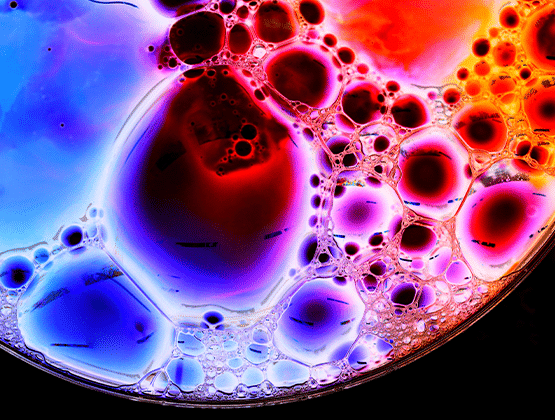An opioid overdose requires immediate medical attention. Call 911 immediately if you or someone you know exhibits any of the symptoms.
×
- Substances
- Dangers
- Naloxone
- Community Care
- How to Help
- Road to Recovery
- Videos
- About Us
- Resources
An opioid overdose requires immediate medical attention. Call 911 immediately if you or someone you know exhibits any of the symptoms.

Substances change how your body and mind work. Some effects are helpful when used as prescribed, but others can be harmful when misused.
It is important to know how substances affect you. Different substances have different effects on the mind and body. Most substances can be categorized as either a depressant or stimulant based on their effects.
Compare the substances and the effects they have on your body and mind below.
Depressants
Depressants slow down brain activity. This leads to relaxation, sleepiness, and slower body functions. Depressants can come in pills, syrups, and injections to treat anxiety, muscle spasms, and seizures.
Stimulants
Stimulants speed up brain and nervous system activity. When using stimulants, the messages in the body increase to create more alertness, energy, and excitement. Stimulants come in the form of pills, powder, rocks, injections, and are most commonly prescribed to treat ADHD.
Resources
Know the Substances
Learn More
Resources
Know the Dangers
Resources
Know the Resources
Learn More
Resources
Know the Facts
Learn More
Resources
Know the Signs
Learn More
Resources
Know the Resources
Learn More
Resources
Know the Stories
Learn More
Resources
About Know the Dangers
Learn More
Resources